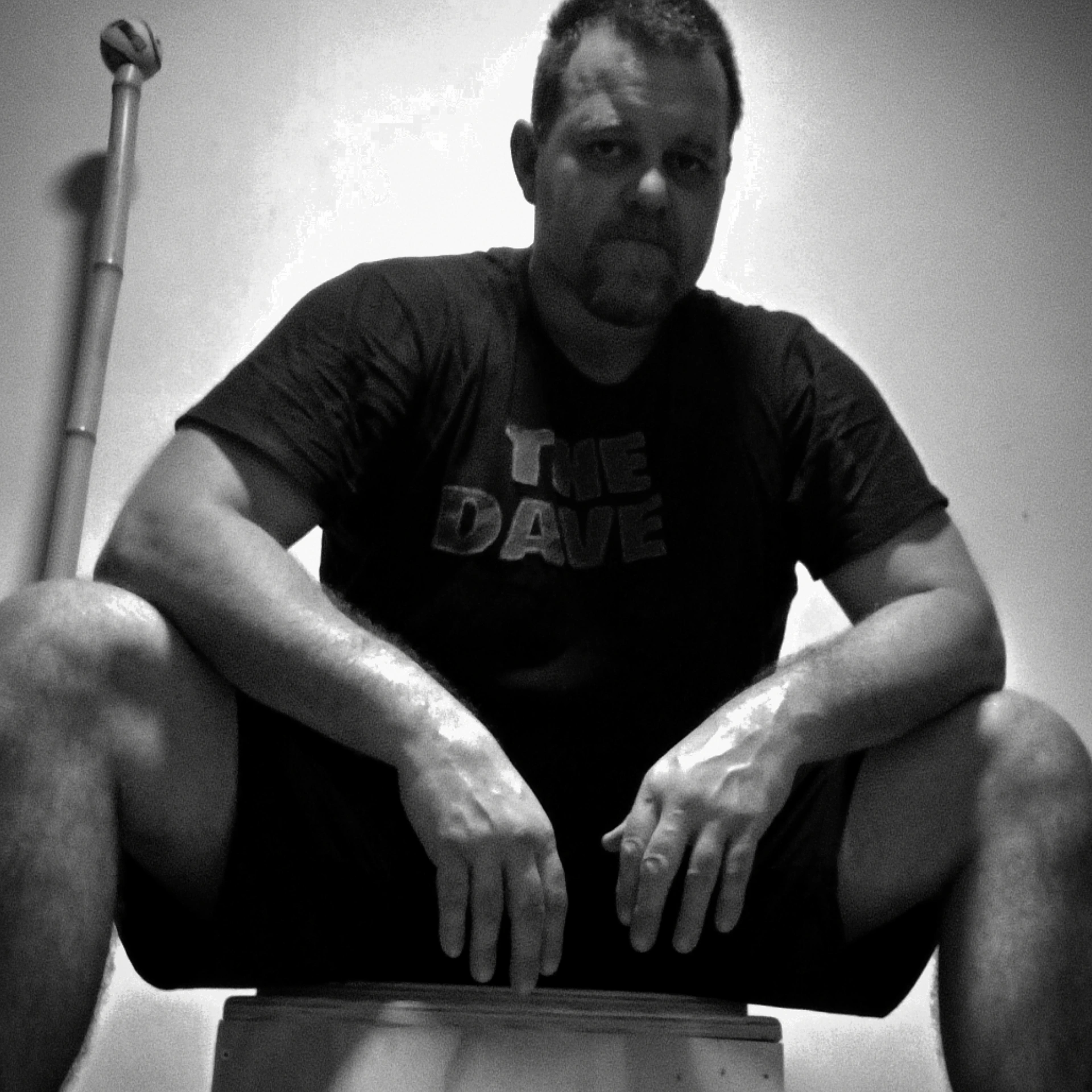Do you talk a lot about pain?
- Dave Hedges

- Sep 6, 2024
- 3 min read
Last week, I was in the company of a few other therapists who were intrigued by my emphasis on movement and personal responsibility.
Personal responsibility means that you take charge of your own life, health, and wellbeing. And by giving you movement, by teaching you how to move yourself out of pain, my goal is to help you gain this ability to rely on yourself rather than needing the constant care of some therapist who gets to dine out on your pain.
As we were chatting, someone said that it sounds like I use a lot of psychology, which is probably true.
Another asked on the back of that if I spoke about pain with clients.
And that was a good question.
Here's my answer…
Not really, because pain doesn't particularly interest me.
Pain science has shown us that pain is mostly an output from the brain. It's a signal to stop doing something or to move away from something.
It's the brain receiving and interpreting input from the body as a threat and sending a pain signal out to try to prevent harm from happening.
So, to that extent, married with my personal experience of martial arts, mountain sports, and the injuries associated with those activities, pain is very much a perception.
If you want an example of how pain can be a perception, think of people who seem perfectly happy until you point out they are bleeding
Only when aware of the injury do they start to suffer.
Or a young child who falls and looks at their parent. Their reaction is often dependent on the parents' reaction.
So if pain is essentially an output from the brain to either cease an action or move away from a threat, if we deal with the actually problem, the brain no longer needs to send out a warning.
Now, this is not permission to ignore pain. To say pain is not important.
While pain doesn't necessarily mean injury or damage. It also may indicate damage or even a more insidious problem.
I deal with injury
Many people are sent to me because they have some physical issues and pain.
In these cases, pain is my indicator.
If it changes, I want to track that change as we work.
Does it get sharper/duller
Does it move
Does it become more or less localised
Does it change in quality, hotter, for example
Does it change in intensity (a self reported 1-10 scale)
And really, that's as far as my interest goes.
As we work and the pain changes in a good way, the work is good. If the pain changes in a bad way, we need to change tactics.
And one final story…
A mountain biking competitor I was working with a few years ago had many injuries. We got him down to an acceptable level of pain (athletes, especially contact/collision/extreme sports live in a base level of pain) and his old ankle injury seemed to be the thing causing him discomfort.
So we did some work for it, and he felt amazing. He was the most comfortable in his body that he'd been for years.
Until he went out on his bike.
And kept crashing.
A week passed before he was back in, and when he came in, he was frustrated.
He'd basically taken up mountain biking after he'd damaged his ankle and had to quit basketball.
So he'd learned to ride with a damaged ankle.
When we'd “fixed“ it, his style of riding no longer worked, and he kept crashing out. He couldn't make turns like he usually should.
We had two choices.
See if we could get the ankle back to how it was so he'd remain competitive.
Or he would have to rebuild his riding style around a better ankle.
He chose the former and accepted the discomfort in order to finish out the season (which he won)
Thankfully, we had the skills and ability to work this through.
Tiger Woods back surgery, well that couldn't be undone, and he never regained his competitive standard. His golf revolved around a particular issue, an anomaly, a “dysfunction”
But if a “dysfunction” is what makes you champion, is it really a dysfunction?
Is the pain outside of your performance worth it for the glory while in it?
These are decisions only you can make.
But taking responsibility, getting good help, and accepting that you know yourself better than anyone else possibly could.
That's the key to good rehab and training.
It's not about pain.
Or my methods or anyone else's methods.
It's about you and your attitude.
Regards
Dave Hedges



Comments